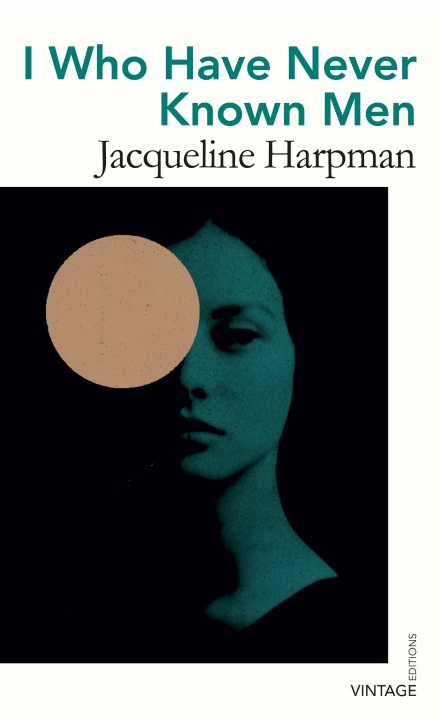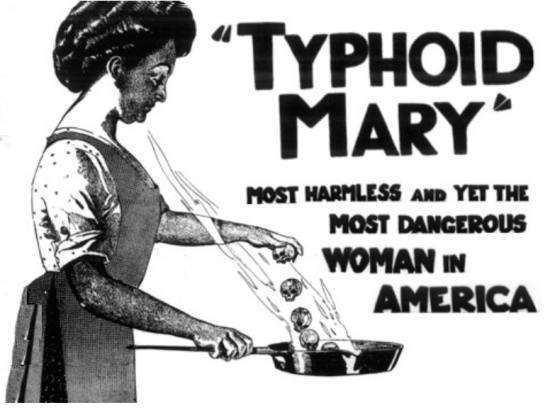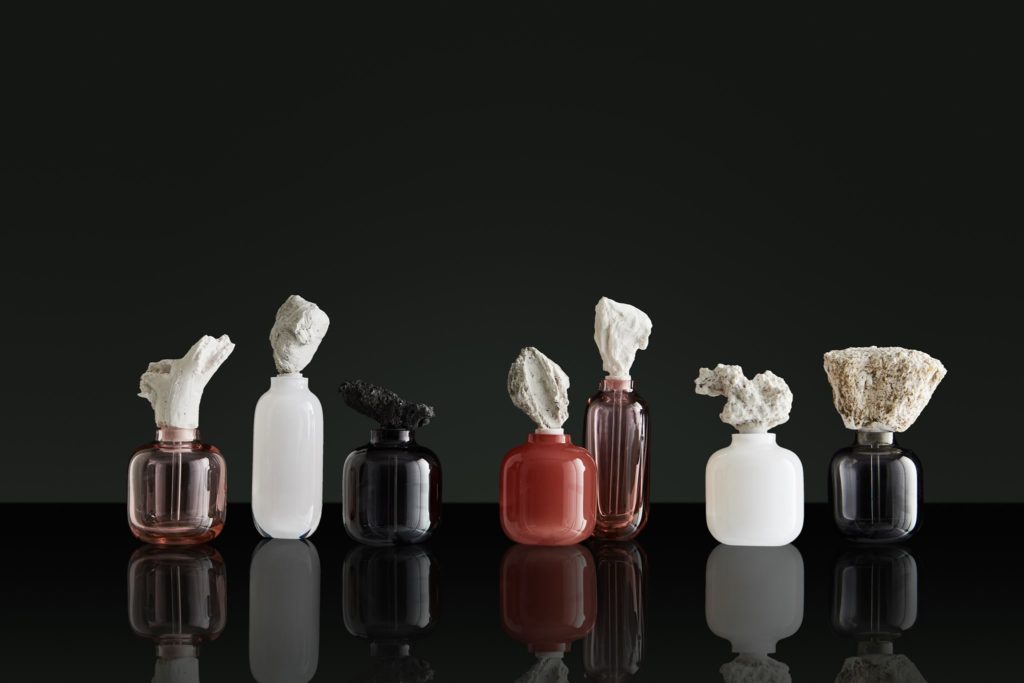1. A book that will make you think

The inspiration to read the book I who have never know men came to me from Instagram. (Besides being an absolute-of-a-nigtmare free time eater, it can be a great source of inspiration (and FOMO).
It is a novel by a Belgium author Jacqueline Harpman and although marked as sci-fi, I would almost dare to disagree. I mean, yes, there is definitely a deep sci-fi element engraved within the storyline, but if that is all you are looking for, you might be in for a surprise. The book is SO MUCH more.
How do I tell you something about it without giving it away? :thinking_face:
Let’s start with the plot. 40 women are locked in a bunker prison, watched 24/7 by guards that never, ever, speak to them. 39 of them remember their life before the bunker, their families, kids, their jobs. And the last one, the one telling us the story, does’t remember anything from before, because she hasn’t experienced anything from life ‘before’. She was raised in this god forsaken environment and absurd situation, where the women sleep, eat, and shit all together in one room while not being allowed to do basically anything including touch each other (or commit a suicide). They don’t know where they are, why they are there, and the only notion of time passing is their faces painted with wrinkles noting many years of their imprisonment have already passed.
But one day, something goes wrong…..
PLOT TWIST! Did I get you hooked???
Seriously, one of the most interesting books I’ve read in a long time. And if you think you know what is gonna happen next in the story…hehe, you might be wrong right there my friend.
//CZ//Tip na knížku I who have never known men jsem našla na Instagramu, který se ukazuje jako fajn zdroj inspirace (a taky tam ale má člověk dost často FOMO)
Jedná se o román belgické autorky Jacqueline Harpman a i když je zařazený do kategorie sci-fi, skoro bych si dovolila nesouhlasit 😀 . Ano, tohle téma určitě v knížce je, ale pokud hledáte klasickou sci-fi knížku, tahle vás asi úplně neuspokojí. Její příběh je totiž mnohem, mnohem VÍC.
Jak vám o ní něco říct, abych toho neprozradila moc…
…40 žen je zavřených ve vězení, pravděpodobně v bunkru. Stráže je hlídají 24/7 a nikdy na ně nepromluví. 39 z nich si pamatuje svůj život před tím, své rodiny, práce, děti…a ta poslední, která nám vypráví svůj příběh, se do vězení dostala jako malé dítě, a nezná tedy ze “starého” světla vůbec nic. Byla vychovaná zbytkem žen v tomhle absurdním prostředí, kde nikdy jedna na druhou nesmějí sáhnout, a mohou jen vařit, jíst, a spát na zemi, bez jakékoliv šance na únik nebo na sebevraždu. Nevědí proč tam jsou, jestli se někdy ještě podívají ven, jestli jsou na své planetě, co se stalo se světem, který znaly, a jediný pojem času pro ně jsou vrásky, které se jim za léta uvěznění vykreslily na tvářích.
Avšak jednoho dne se něco změní…
Šok! Navnadila jsem vás??
Bez přehánění jedna z nejzajímavějších knížek, kterou jsem za poslední dobu četla. A jestli si myslíte, že “víte”, jak to dopadne….tak se možná dost dobře mýlíte:)
2. Don’t be a Karen….and Mary

The argument I often hear in many current-affairs situations is – “But come on, this is the 21st century!”.
That makes me think – does that actually mean something with regards to human behaviour and characteristics? Not that I want to compare basic hygiene or access to medicine with 19.century, but I am talking more about the essence of our character: how we chose things we trust? how we form our opinions and what do we deem important?
Have you ever heard a phrase Typhoid Mary? So there was this lady, an Irish immigrant named Mary Mallon, who moved to New York city to start a new life in the beginning of 20th century. She would have been an ordinary lady, if she wasn’t an asymptomatic carrier of typhoid fever and she wouldn’t manage to infect over 120 people with it in her time working as a cook. (leaving at least 3 of them dead).
But Mary did not believe the doctor’s and after being held for 3 years in isolation on the North Brother island and promising to switch careers to avoid spreading the disease while cooking (and not washing hands properly – hardly shocking in 1900, but…ewww), she changed her name and continued her cooking adventure spreading yet another outbreak of typhoid fever.
Just because you don’t believe something that doesn’t fit into your narrative, doesn’t mean it ain’t true.
The story is summed in this hilarious video (link)
//CZ// Argument který kolem sebe často slýchávám je: ” Jak je tohle možné, vždyť je 21. století.”
Tak si říkám…znamená ten náš stoletý progres, že se tak bytostně změnil lidský charakter a povaha? Tím nechci říct, že by se třeba nezmněnila věda, nebo hygiena, pokud půjdeme jedno, dvě století zpátky, ale zajímá mě spíš ta naše ryzí podstata – jak si vybíráme to, čemu věříme? Jak si utváříme názory a co je pro nás v životě důležité?
Slyšeli jste někdy o Tyfové Mary? Tahle paní žila na počátku 20.století a jednalo se irskou imigrantku, která přijela do New Yorku za lepším životem. Mary, pravým jménem Mallon, by byla úplně obyčejnou ženou, pokud by také nebyla první vědecky doloženou asymptomatickou přenašečkou bakterie tyfu, kterým zvládla za svůj život nakazit údajně až 120 lidí, né-li víc (z čehož tři zemřeli). Mary pracovala jako kuchařka, a když si představíme hygienu umývání rukou v 1900 (fujky), je vám jasné, kam příběh povede.
Mary ale lékařům nevěřila, protože sama neměla žádné symptomy. Byla odvezena na ostrov North Brother na 3 roky, kde ji lékaři neustále testovali, a po třech letech se ji rozhodli pustit “do světa” pod podmínkou, že Mary nebude pracovat v kuchyni. Po neúspěších s jinými povoláními se ale Mary k vaření pod falešným jménem vrátila, a tak rozproudila další nákazy tyfu, tentokrát v porodnici, kde umřeli další lidé. Mary nakonec skončila na doživotí v izolaci.
Jen protože něco nesedí v příběhu, kterému věříme, neznamená, že to není pravda.
Fakt vtipně (ale v AJ) je o tom natočené video tady (link)
3. Glory Glory Glória

Glória, an intricate spy story (link) set in Portugal in the middle of the Cold War will pull you in instantly. The story is set in the small town of Glória do Ribatejo and portrays what was happening in Portugal in the 60s right before the Soviets invaded Czechoslovakia. Portugal, at that time, under the regime of dictator Salazar, was collaborating with the US and the storylines include a web of spies, lies as well as view on life in rural Portugal, position of women in society or the bloody (and stupid) colonial wars in Africa. Fair warning – you might feel like a whiskey and a cigarette.
//CZ// Glória je nový portugalský seriál na Netflixu z období studené války. Zatímco v Československu se schylovalo v sovětské invazi, Portugalsko bylo pod režimem diktátora Salazara, kolaborovalo s USA, a bojovalo několik válek ve svých koloniích v Africe, které si snažilo mermomocí udržet. V Glorii se tak rozvíjí několik dějových linek plných špionství (a fakt nevíte, kdo je kdo), těžkého života na portugalském venkově v šedesátých letech nebo válce v Mozambuique. Dopředu varuju, že budete mít chuť na whiskey a cigaretu…
4. Seven deadly sins
“We rather be individually right, than at peace with each other.”

Honestly, I think I could listen to the voice of Stephen Fry no matter what he would be saying. But he is saying a lot of interesting stuff that makes one think, from historical to current point of view on the darker part of human behaviour.
The topic is 7 deadly sins (link) – opening the series up with Pride, following with Greed, Lust, Envy, Gluttony, Wrath and wrapping up with Sloth. You can not help but wonder inside the deep vasts of your character, indulging on self-reflection while being incredibly relaxed by Stephen’s fairy-tale like voice. As my friend Linda would say, magnifique!
//CZ// Upřímně, Stephen Fry by asi mohl říkat cokoliv, a já bych ten jeho sametový hlas poslouchala. Ale v tomhle svém podcastu pojmenovaném Sedm Smrtelných Hříchů říká něco opravdu zajímavého a nabízí svůj pohled z historického i aktuálního hlediska na jeden hřích po druhém. Začíná s Pýchou, pokračuje s Chamtivostí, Chtíčem, Závistí, Obžerstvím, Hněvem a zakončuje to Leností. Tak co, který “hřích” je vaše Achillova pata? Člověk nemůže jinak, než reflektovat nad světem, a sebou samým, zatímco ho ukolébává Stephenův hlas..
5. A multisensory allurment

2021 Designblok was very inspiring, and one of the creators that stuck with me was work of Kateřina Šantrochová and her brand of custom-made perfumes and hand-made scent vases under the name Scent Roche (link).
Her exhibition reminded me how important is to ignite all our senses when it comes to beauty we want to surround ourselves with, and that smells and perfumes can go beyond the traditional concepts. This going hand in hand with beautiful glass vases with wood and essential oils… I am very well intrigued. (Jezisku?)
//CZ// Letošní Designblok byl obrovskou inspirací, a mezi ty nejzajímavější za mě rozhodně patří Kateřina Šantrochová se svým projektem Scent Roche (link), ve kterém se specializuje na parfémy na míru a nádherné vonné vázy ze skla a dřeva, na které se pak kapou esenciální oleje, což vám v interiéru vytvoří objekt, který bude inspirovat víc než jeden smysl.
(Ježíšku?:)